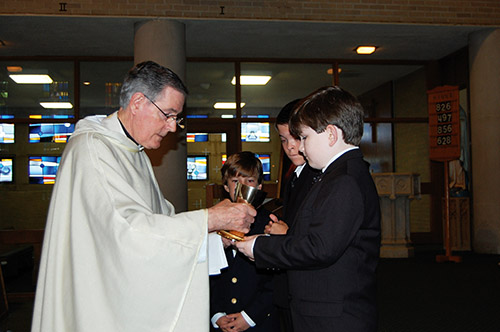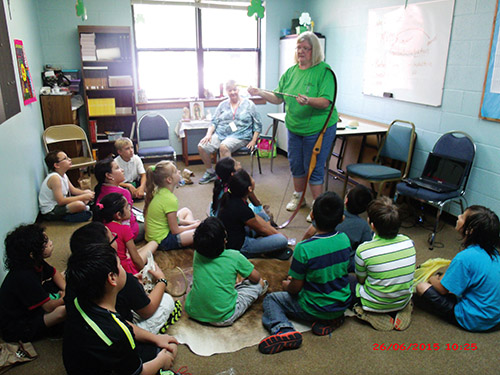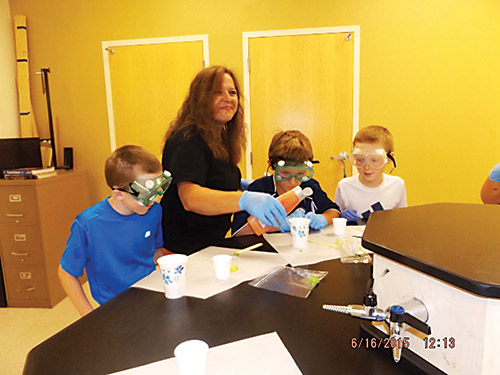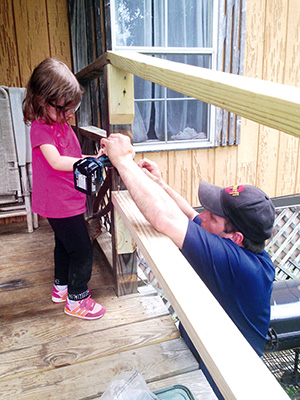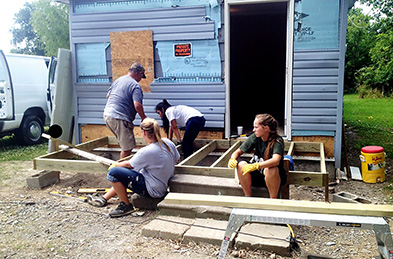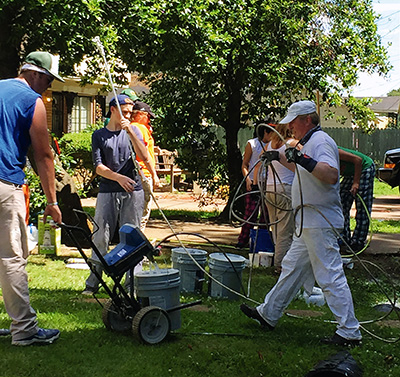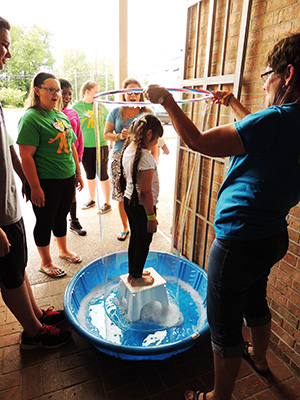INDIANA – Twenty-nine Sisters of Providence of Saint Mary-of-the-Woods, Indiana, are celebrating jubilees this year. Of the 29 sisters, one has served in the Diocese of Jackson.
Sister Mary Jo Stewart, a native of Terre Haute, Ind., is celebrating her 70th jubilee. Sister Stewart, formerly Sister Joseph Maureen, entered the congregation on Jan. 8, 1945, from St. Ann, Terre Haute. She professed perpetual vows on Aug. 15, 1952.
She graduated from Saint Mary-of-the-Woods College with a bachelor’s degree in education. She earned her LPN degree from Indiana Vocational Tech, now Ivy Tech Community College.
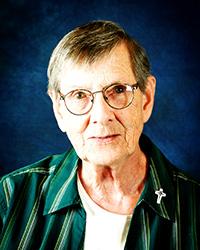
Sister Mary Jo Stewart
In the Jackson diocese she served as a registered nurse at Holly Springs, Cadet Health and Social Services, Sacred Heart Southern Missions (SHSM) (1986-95), as Catholic community outreach, (1995-96), and as a licensed practical nurse, Catholic community outreach (1996-98). In Jackson she volunteered to the home bound (2002-2004). Sister Stewart has also ministered in Indiana, Illinois and California.
She currently ministers in health care at Saint Mary-of-the-Woods.
The Sisters of Providence, a congregation of nearly 320 women religious, with more than 200 providence associates, exist to further God’s loving plans by devoting themselves to serving others through works of love, mercy and justice.
St. Mother Theodore Guerin founded the Sisters of Providence at Saint Mary-of-the-Woods in 1840.
Today, Sisters of Providence minister in 17 states, the District of Columbia and Asia. More information about the Sisters of Providence and their ministries may be found at www.SistersofProvidence.org.
GARFIELD HEIGHTS, Ohio – The Sisters of St. Joseph of the Third Order of St. Francis held the first of three annual jubilee celebrations on Saturday, April 11, at Marymount Congregational Home in Garfield Heights.
Sister Dolores Sever, who taught in the public and Catholic schools in the Diocese of Jackson for 37 years, celebrated her 60th jubilee with the Sisters at Marymount Congregational Home on April 11.
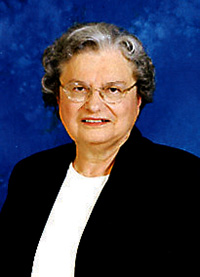
Sister Dolores Sever
Sister Sever entered the congregation in Aug. 1954 from St. Therese in Garfield Heights. After completing her novitiate, she began her teaching ministry in Detroit, Michigan. In 1963, Sister Sever began teaching at St. Francis Mission in Greenwood.
With her many talents and desire to serve others, Sister Sever was often called upon from various schools to substitute for teachers and sometimes even as a principal. She also became an instructional supervisor under Title I to help the poor.
“My greatest enjoyment was the years I spent working with teachers and helping them in the classroom. I will always treasure the close friends I made, both in the school and at the Immaculate Heart of Mary Church in Greenwood. The years in Greenwood were truly rewarding,” states Sister Sever.
She retired in 2011 and currently resides at Villa St. Joseph on the Marymount Congregational Home campus.
The Sisters of St. Joseph of the Third Order of St. Francis (SSJ-TOSF), founded in 1901 in Stevens Point, WI, is a Franciscan Community of over 330 members and associates. The SSJ-TOSF has Congregational homes in Stevens Point, WI, Bartlett, IL, and Garfield Heights, OH. The SSJ-TOSF serve in diverse ministries across the United States, Brazil, and Peru.


